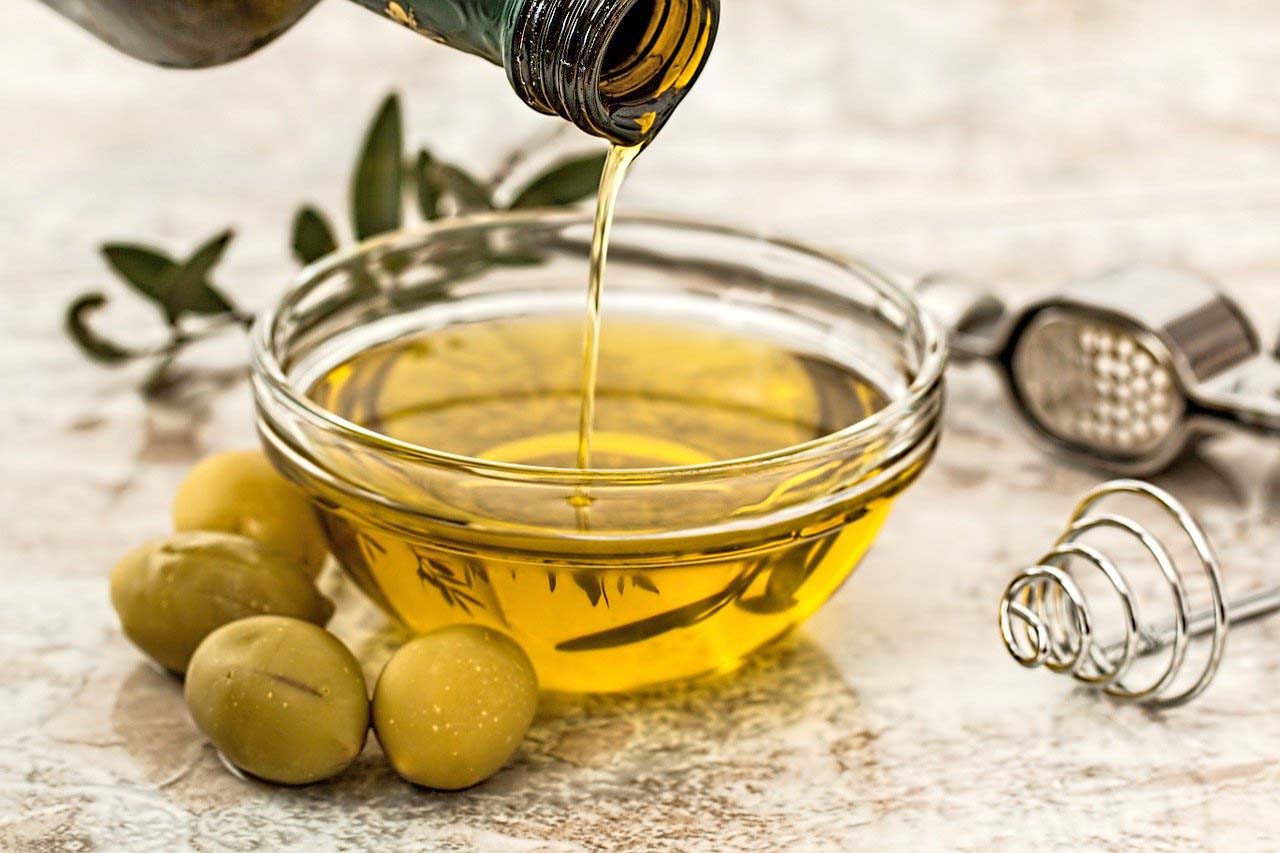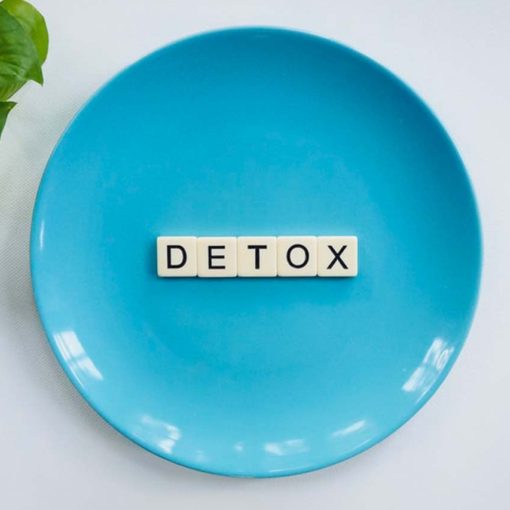Maybe you’ve heard about the kinds of oils that are good to cook with and others that are bad.
And perhaps you know someone who swears they will never use this type of oil and another friend who uses this type of oil because it’s sooo healthy. It’s all so confusing, isn’t it? We’ve put this together to help you choose the best oils.
The truth is, it depends on a lot of factors – some are good, some are bad and some are neutral. Just because we find something ‘good’ for us, doesn’t mean guzzling tablespoons a day is good. So, we want to clarify and simplify it for you. First, as always, it’s about real food. Of course, all oils are processed to some extent–you have to squeeze and press something to get the oils out. Some things are Just because we find something ‘good’ for us, doesn’t mean guzzling tablespoons a day is good. squeezable than others, and some things probably shouldn’t be squeezed at all!
Let’s start with the best oils we recommend (the squeezable ones).
- Olive oil – buy extra virgin which means pressed only once using no heat or chemicals, this makes it less processed and better for your health. Great for seasoning and salads – and we now have new information that says its ok to sauté with extra virgin olive oil- and using EVOO to roast with is also perfectly fine.
- Ghee is clarified butter and is excellent for high heat cooking. It’s also very easy to make (because it’s expensive to buy). It is fragrant and adds a rich, buttery, nutty flavor to any dish. Here’s our recipe from our cookbook, nourish: a community supported cookbook.
- Avocado oil is also good for high-heat cooking such as sautéing, roasting, searing, but also great in vinaigrettes.
- Coconut oil (refined – look for ones that are cold pressed vs expeller pressed) is another oil to use for high heat cooking and doesn’t leave a coconut flavor. It’s a saturated fat (solid at room temperature) so it’s one of those oils you don’t want to gobble in excess. We recommend using it, but also using other oils as well to diversify.
- Sesame oil has a high smoke point and a relatively neutral flavor. It’s a great general-purpose oil for sautés, roasts, and stir fries, and if you like more of a nuttier flavor, use toasted sesame oil.
Of course, there are other oils not listed above that are lovely, but not for cooking: hemp, walnut, flax, and unrefined (virgin) coconut oils.
As for canola oil, we don’t have it on our shelf. There is still great controversy with this new oil and because there are plenty of other wonderful fats to choose from, we are skipping it.
Now for the nitty gritty.
Industrial seed oils (non-organic)–the highly processed oils extracted from soybeans, corn, canola, cottonseed, and safflower seeds. All of these must be refined, bleached, and deodorized before they are edible.To make them store-ready, the seeds are first heated to extremely high temperatures; this causes the unsaturated fatty acids in the seeds to oxidize, creating byproducts that are extremely harmful to human and animal health. The seeds are then processed with a petroleum-based solvent, such as hexane, to maximize the amount of oil extracted from them. Next, chemicals are used to deodorize the oils, which smell terrible once extracted. This deodorization process produces trans fats. Finally, more chemicals are added to improve the color of the industrial seed oils.To read more about how these oils affect our health, check out one of our mentors, Chris Kresser’s article.
Additionally, oils from soybeans, corn and canola, unless organic, are almost 100% of the time genetically modified. These oils as well as peanut and sunflower (even organic) are all examples of high omega-6 fats that cause inflammation and cellular damage. It’s not that omega-6 fats are inherently bad; it’s that they are in most processed and pre-packaged foods and used heavily in the restaurant industry. In high volumes, it can really be destructive to our health. As Mark Hyman MD, editor-in-chief of Alternative Therapies in Health and Medicine and author of UltraMetabolism: The Simple Plan for Automatic Weight Loss outlines in his book, the cumulative refining process leads to toxicity and poor health, metabolic disruption and unwanted weight gain. Avoid these oils whenever you can.
There are many other oils to use (as we outlined above) even if they are a little more expensive. The few extra pennies you may spend buying better oils are nothing compared to the health benefits you gain by using them.






